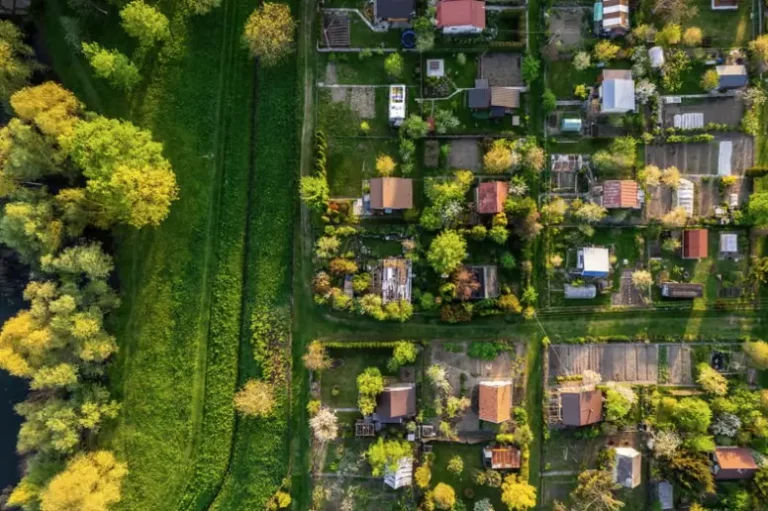Cultivating Green Spaces in City Landscapes
As urban areas continue to expand, the concrete jungle often leaves little room for natural green spaces. However, the growing trend of urban gardening is turning rooftops, balconies, and abandoned lots into vibrant oases. These green spaces not only beautify urban environments but also offer residents fresh produce and a much-needed connection to nature. This article explores the benefits of urban gardening and practical tips on how to cultivate your own urban garden.
Benefits of Urban Gardening
Environmental Impact: Urban gardens help reduce the urban heat island effect, improve air quality, and increase biodiversity by providing habitats for various species. They also contribute to stormwater management, reducing runoff and decreasing the burden on city drainage systems.

Health and Wellness: Gardening has been shown to reduce stress, promote mental health, and encourage physical activity. Additionally, growing your own food can lead to a healthier diet, providing access to fresh, organic produce that might otherwise be costly or difficult to find in urban areas.
Community Engagement: Urban gardens can strengthen community bonds by bringing people together for a common purpose. They provide a space for education and interaction, fostering a sense of community and collective responsibility.
Starting Your Own Urban Garden
Choosing the Right Space: Even the smallest balcony or window sill can host a range of potted plants. For those with more space, rooftop gardens or community plots can provide ample room for a more extensive array of flora.
Selecting Plants: Opt for plants that are suitable for the specific conditions of your space. Consider factors like sunlight, wind exposure, and the urban microclimate. Herbs, succulents, and certain vegetables like tomatoes and peppers often do well in urban environments.

Sustainable Practices: Utilize organic fertilizers and pest control methods to keep your garden environmentally friendly. Composting kitchen scraps can provide nutrient-rich soil while reducing waste.
Enhancing Urban Gardening with AI Tools
At the end of the discussion on urban gardening, it’s worth mentioning how AI can enhance this practice. AI-driven platforms like PeakMet can offer valuable insights and guidance for optimizing garden layouts based on environmental data and plant characteristics. They can predict plant health issues, suggest the best planting schedules, and even automate watering and light exposure, making urban gardening more accessible and successful for city dwellers looking to cultivate their own green spaces.

In summary, urban gardening is a powerful trend that not only counters the spread of urban sprawl but also enhances the quality of life for city residents. By integrating innovative AI tools like PeakMet, urban gardeners can further enrich their gardening experience, ensuring their little patches of green thrive in the heart of the concrete jungle.


